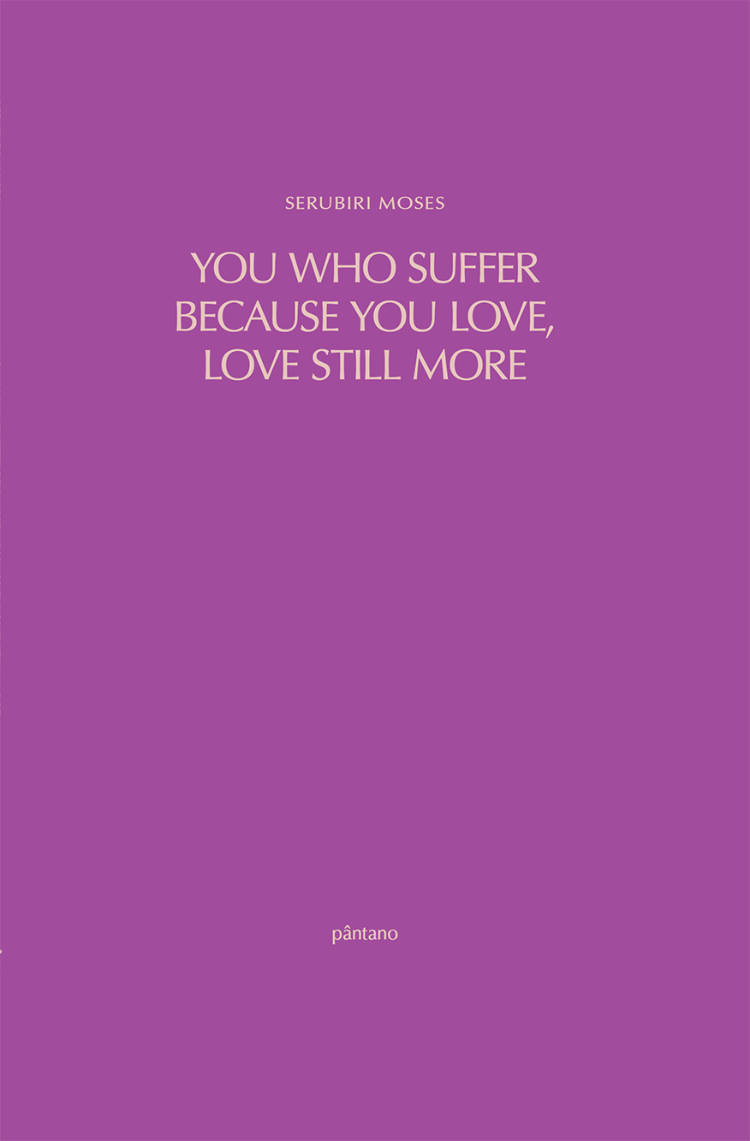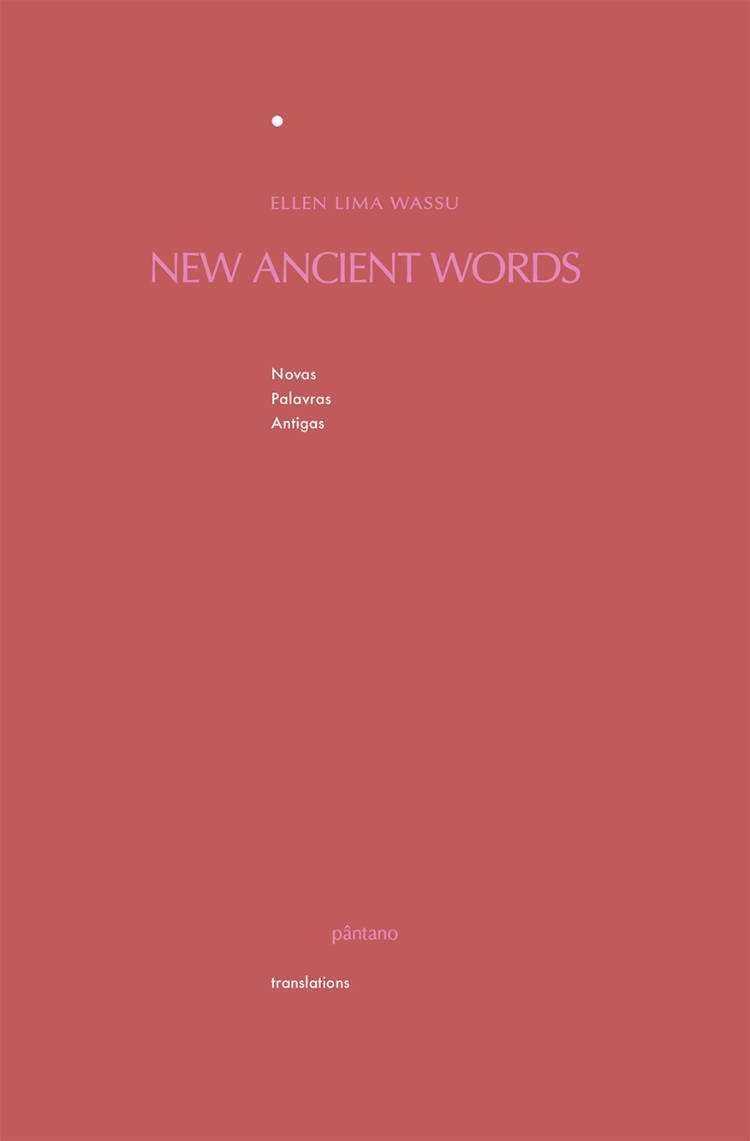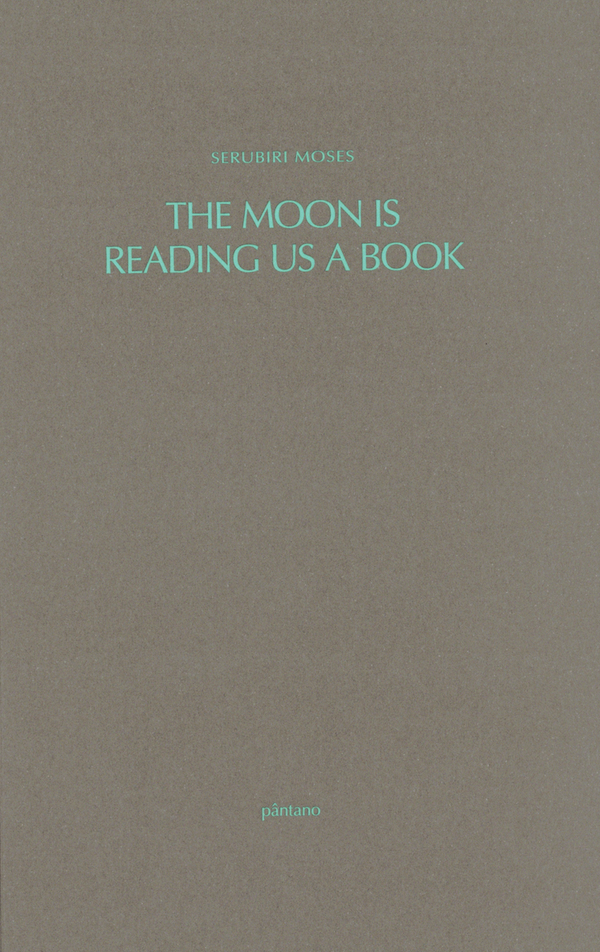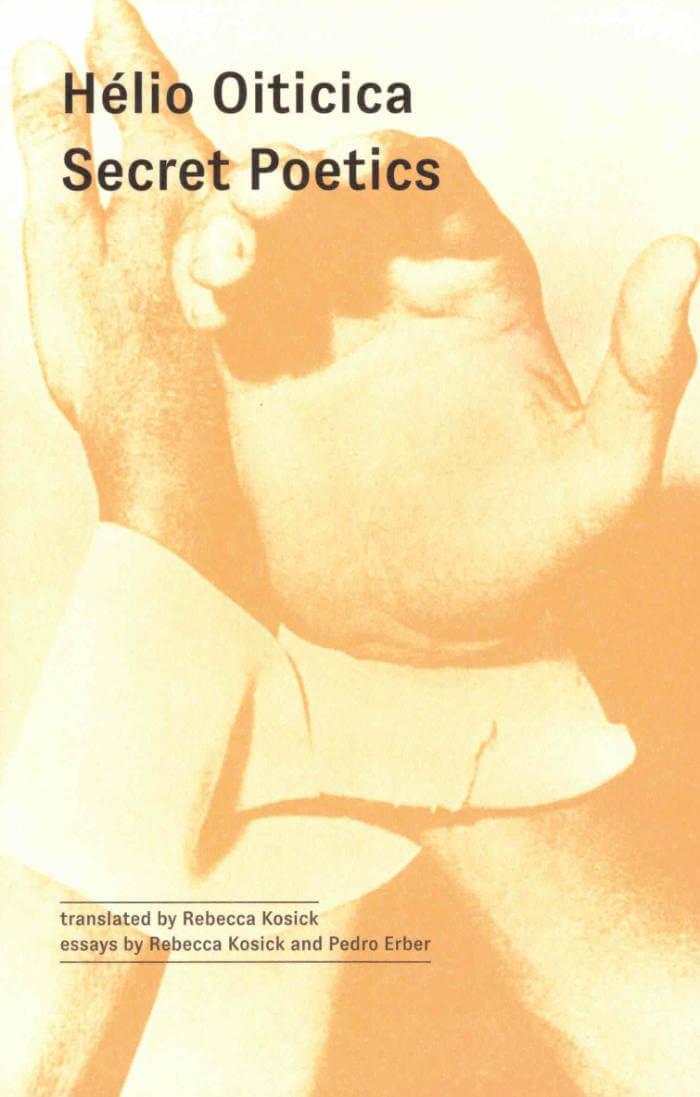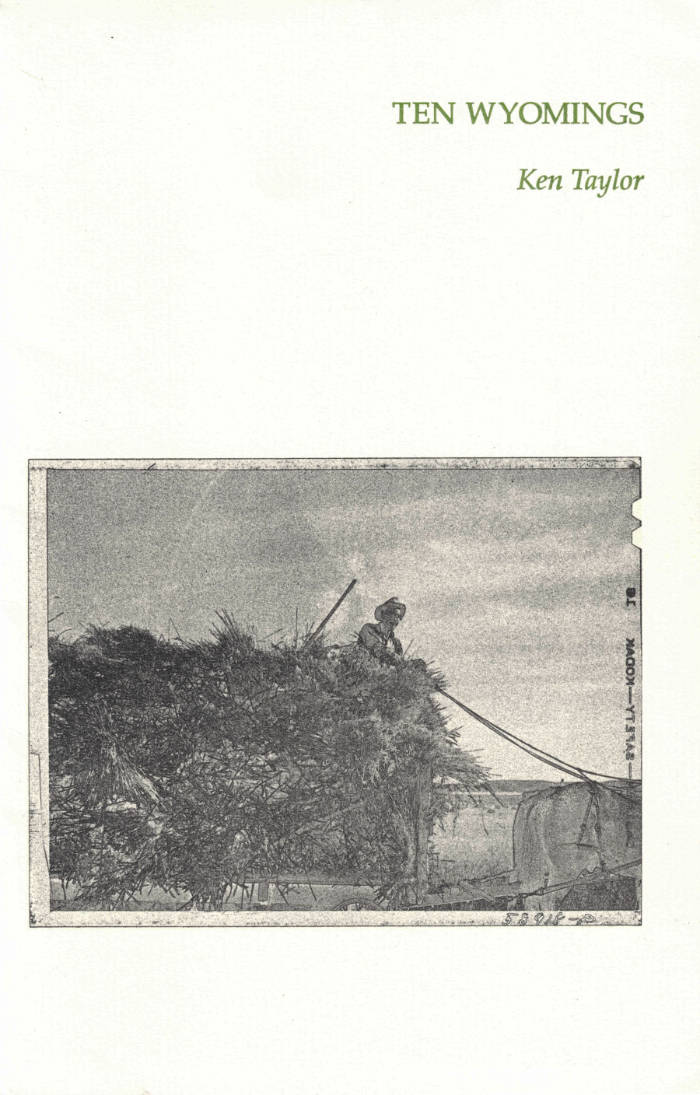
Sex as Care and Other Viral Poems
In Neves Marques’ book, polyamorous encounters and the intimacy of queer lives run parallel to the history of modern science.
Pedro Neves Marques's first poetry collection includes two sets of poems written between 2017 and 2019 and spans the author's biographical geographies, from Brazil and Lisbon to London and New York. From precise geometries to tragicomic gestures and long free verse confessions, Neves Marques’s poetry moves with great honesty between deep social analyses to the tactile quality of remembrance. Whether in a long and devoted poem tying together friendship and historical legacies across the Atlantic in “Brazil” or in the condensed and timed recollections of “Thirteen Days in Lisbon,” the poems collected in "Sex as Care" acknowledge the reality of both care and violence in intimacy. For their part, "Other Viral Poems" takes a more programmatic approach, drawing an analogy between the spread of the Zika epidemic in Brazil, the genetic modification of its carrier mosquito, and the rise of fascism to mount a critique of both gender biases in science and anti-queer populisms. In orderly fashion, the poems coopt a militaristic and technical language to instead create spaces of intimacy where gender, love, trust, and unequal experiences are tested.
Pedro Neves Marques is a writer, visual artist, and filmmaker. Born in Lisbon, they have lived in London, São Paulo, and New York. They have read at e-flux, Poetry Project, The Vera List Center, McNally Jackson Bookstore, Nottingham Contemporary, Gasworks, and Sesc São Paulo, among many others. They have also published two short-story collections, most recently in Portuguese "Morrer na América” (Kunsthalle Lissabon/ Arranha-Céus) as well as in publications by e-flux journal, The Baffler, Verso, Haus der Kulturen der Welt, and MIT Press.
